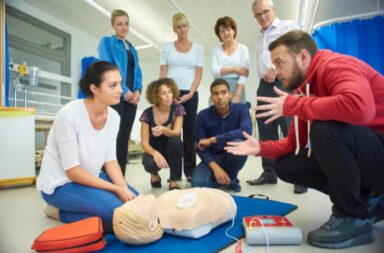Oral surgery is a very painful and challenging experience, but recovering from it with maximum health is also crucial for the future of your oral health. Whether it was a denture, removal of wisdom teeth, or any kind of surgery, an expert dentist in Mooresville, NC, will give you some tips on how to recover safely after oral surgery.
What to do about the pain?
Pain and inflammation are common after gum surgery, so you should do the following things to reduce them.
- Your dentist or surgeon will prescribe you a painkiller or some other medication according to your condition. Take them as directed to help manage pain.
- Using an ice pack on the back of your mouth can help cleanse it. Apply ice packs for about 15-20 minutes at a time, taking breaks in between. Be sure to use a cloth or towel to avoid direct contact with the skin.
- Rest is essential to recovery. Try using another pillow to elevate your head while lying down.
- Stick to plain or cold foods and drinks in the first few days after surgery. Hot foods can increase blood flow to the surgical site and increase swelling.
Maintaining oral hygiene:
After oral surgery, proper oral hygiene is essential to prevent infection and promote healing. Follow these simple steps:
- Your dentist may recommend that you brush your teeth with plain salt water beginning the day after surgery. Mix about half a teaspoon of salt in a glass of warm water and wash your face gently. Avoid vigorous contraction to prevent bleeding.
- Use a soft toothbrush to clean your teeth. Be gentle around the surgical area. If your dentist prescribes a special brush or suggests a special procedure, follow their instructions.
- Be careful not to touch or disturb the surgical site with your fingers or tongue.
The right food options:
A healthy diet after the surgery is the most important thing for a healthy and complete recovery. Stick to simple, easy-to-chew items:
- Choose snacks that don’t require you to chew in small amounts, like yogurt, pudding, apples, mashed potatoes, and soups.
- Avoid hard or soft foods that may be difficult to chew and irritate the surgical site.
- Avoid hot foods and drinks, which can increase blood pressure and cause discomfort in the surgical area. Stick to the cool or soft option.
- Choose nutrient-dense foods to support overall health and aid in the recovery process.
Contact A Dentist Today!
Contact a dentist and he will suggest to you what you should do after assessing your post-surgery condition.


